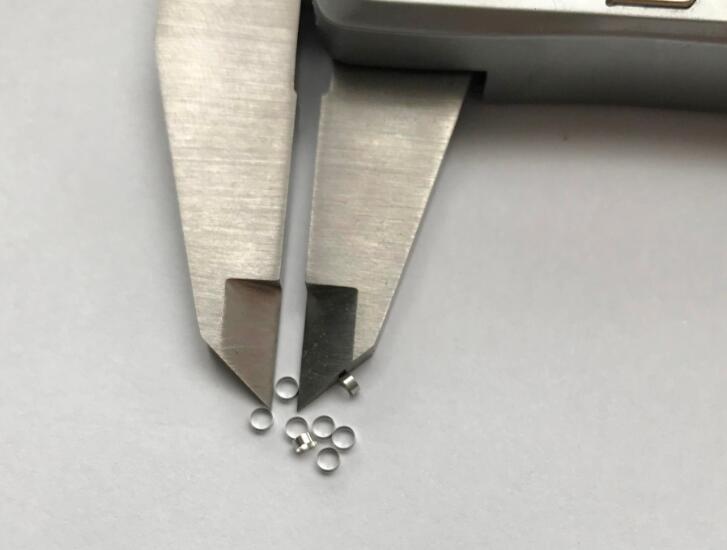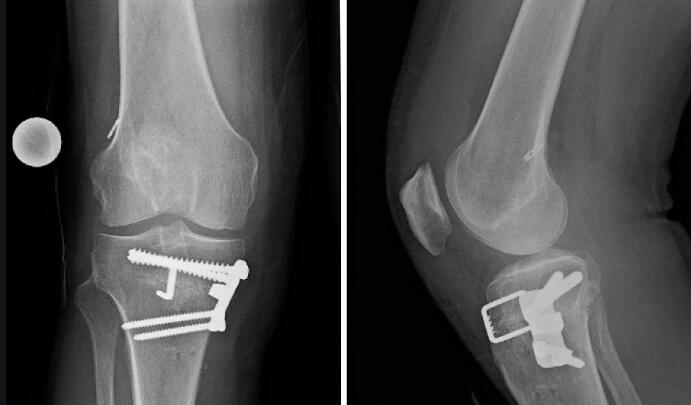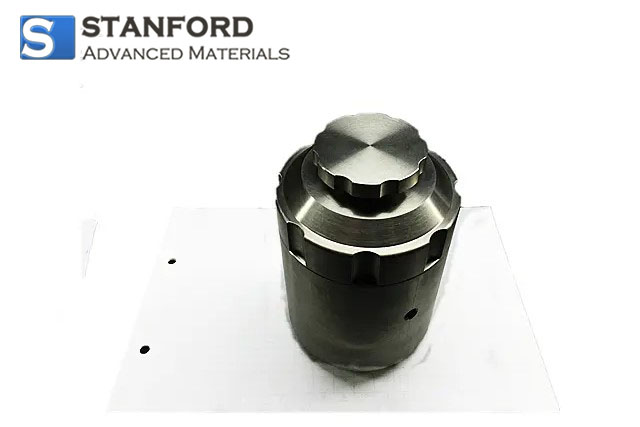SAM Launches Tantalum Marker Bands For The Medical Industry
Tantalum Marker Bands for the Medical Industry
Stanford Advanced Materials (SAM), the leading supplier of materials, is pleased to introduce customised tantalum marker bands for the medical industry. Radiopaque marker bands are thin-walled metal tubes affixed at specific points on a catheter to improve visibility under X‑ray fluoroscopy.

Molly Wang of Stanford Advanced Materials (SAM) stated: "Currently, marker bands are manufactured using high‑density metals such as platinum and gold. These precious metals are scarce, thereby driving up production costs – recently, prices of up to 56 $/g for platinum have been reported."
Tantalum Marker Bands vs. Platinum Marker Bands
Tantalum is less expensive than platinum; however, it presents manufacturing challenges. Although tantalum is a suitable substitute for platinum, it has been largely disregarded given the difficulties in production.
SAM has addressed this issue and now offers tantalum marker bands that yield equivalent performance to platinum or other marker bands while incurring only a fraction of the cost. In the near future, platinum marker bands will be replaced, given that tantalum is gaining prominence.
Advantages of Tantalum Marker Bands
Marker bands assist in guiding and positioning catheters during medical procedures, particularly when X‑ray visibility is required. SAM’s marker bands are manufactured under strict dimensional tolerances and without burrs.

Tantalum Marker Bands for the Medical Industry
Why Choose SAM?
With years of experience and industry expertise, SAM is capable of manufacturing tantalum marker bands with tight tolerances, thinnest walls and optimal surface and edge conditions within the medical technology sector.
Tantalum marker bands are produced to customer specifications in a range of diameters. SAM stocks various sizes of tantalum marker bands for immediate requirements.

 Bars
Bars
 Beads & Spheres
Beads & Spheres
 Bolts & Nuts
Bolts & Nuts
 Crucibles
Crucibles
 Discs
Discs
 Fibers & Fabrics
Fibers & Fabrics
 Films
Films
 Flake
Flake
 Foams
Foams
 Foil
Foil
 Granules
Granules
 Honeycombs
Honeycombs
 Ink
Ink
 Laminate
Laminate
 Lumps
Lumps
 Meshes
Meshes
 Metallised Film
Metallised Film
 Plate
Plate
 Powders
Powders
 Rod
Rod
 Sheets
Sheets
 Single Crystals
Single Crystals
 Sputtering Target
Sputtering Target
 Tubes
Tubes
 Washer
Washer
 Wires
Wires
 Converters & Calculators
Converters & Calculators
 Write for Us
Write for Us


 Chin Trento
Chin Trento


